10 Types of Water You Can Drink
Purified water is usually tap or groundwater which has been treated to remove harmful substances like bacteria, fungi, and parasites. This means that drinking it is pretty much guaranteed to be safe.
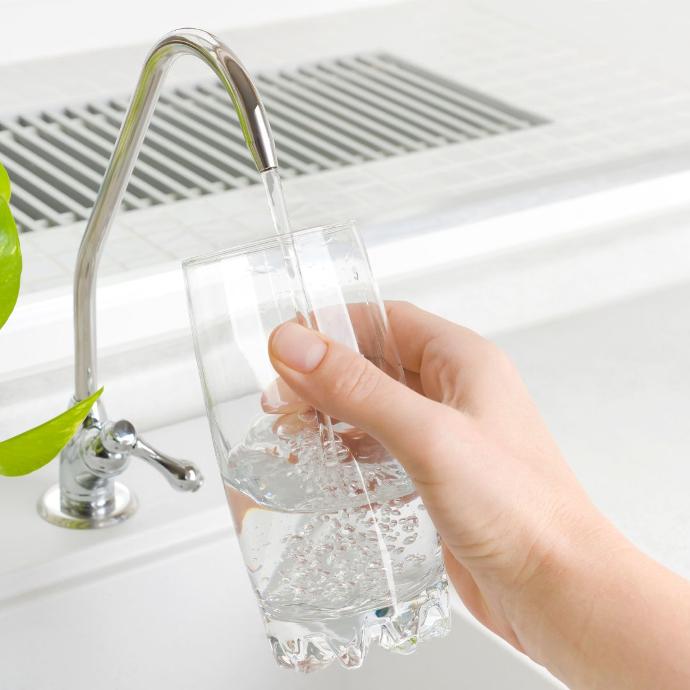
1. PURIFIED WATER
Purified water is usually tap or groundwater which has been treated to remove harmful substances like bacteria, fungi, and parasites, impurities, and contaminants.
This implies that drinking it is lovely much guaranteed to be safe.
Pros
Like distilled water, purified water could be a great option if your immediate water source is contaminated. That said, numerous nations purify tap water, so you’re essentially drinking purified water each time you fill a glass from your kitchen sink.
Cons
In addition, purchasing purified water or even installing a filtration system at home can be pretty costly. But it’s worth it.
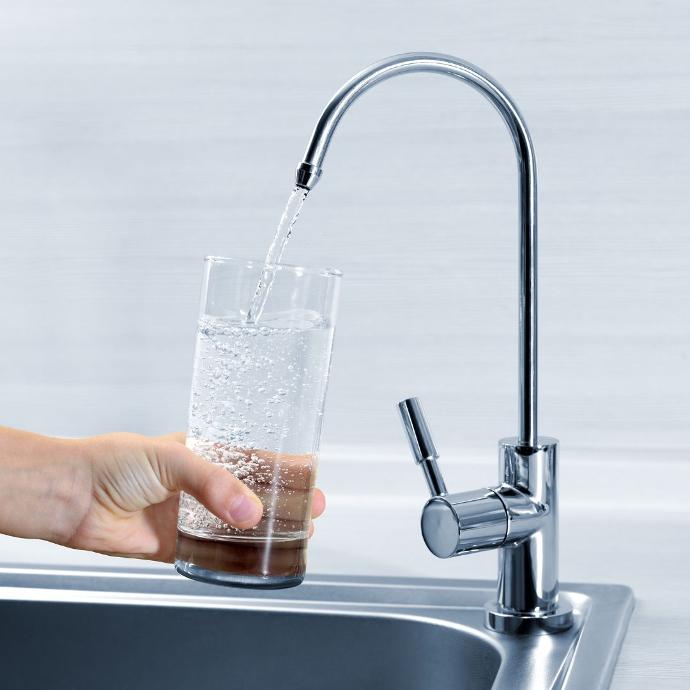
2. HYDROGEN WATER
Hydrogen water is normal water with hydrogen gas added to the water. According to some resources, adding hydrogen gas to the water increments its anti-inflammatory and antioxidant properties. It’s been touted for its ability to increase vitality, moderate down the aging process, and improve muscle recovery after a workout.
Pros
When two hydrogen atoms combine with one oxygen atom, you get water (H2O). The hydrogen acts as an antioxidant within our body which helps protect our DNA, helps prevent abnormal cell growth, inflammation, and cell damage.
However, the hydrogen in water alone does not easily cross over cell walls. When you generate hydrogen-enriched water, the hydrogen is now able to easily penetrate cells, veins, organs, and areas where free hydrogen can’t.
Cons
There are no known negative side effects of drinking, inhaling, or bathing in molecular hydrogen water, or any other form of utilizing hydrogen-enriched water.
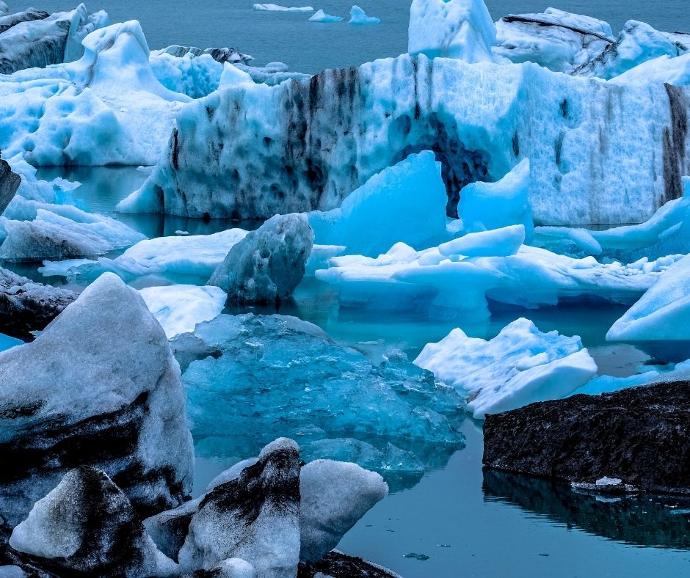
3. SPRING OR GLACIER WATER
Spring or glacier waters are types of bottled waters that are claimed to be bottled at the source from where the water flows — either from the spring or glacier.
Pros
In theory, spring or glacier waters should be relatively clean and free of toxins. They also contain many of the same helpful minerals found in mineral water.
Cons
Depending on how much you drink, spring water could get pricey, especially in comparison to tap water. Also, some spring water is raw, unfiltered, and untested water, which could pose potential health risks depending on what it contains.

4. MINERAL WATER
Pulled from a mineral spring, mineral water is, as the name states, full of minerals including sulfur, magnesium, and calcium — all things that are good for you.
Pros
Mineral water does undoubtedly some health benefits trusted Source since it gives minerals your body can’t create on its own. It can also help aid indigestion, and numerous individuals indeed just like the taste of it over tap water, in spite of the fact that that’s down to individual preference.
Cons
One of the main downsides to mineral water is farming, dairy, and other industries used Chemicals and pollution.

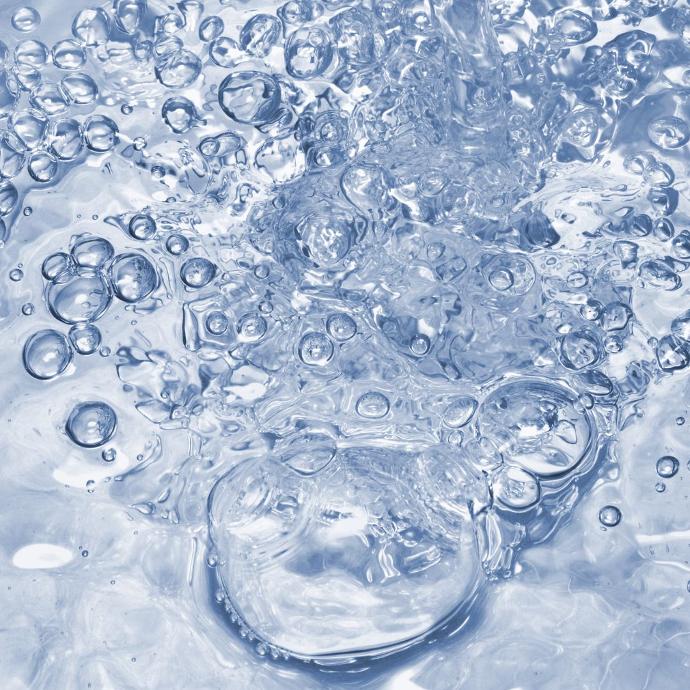
5. DISTILLED WATER
This type of water is boiled and the steam is collected and condensed back into a liquid.
Pros
Distilled water is a great alternative in the event that you live somewhere — or are going to someplace — where the tap water supply is contaminated or possibly can be.
Cons
As there are no vitamins and minerals in distilled water, there are no health benefits. The truth is it has the potential to be detrimental as non-mineralized water tends to drag minerals from where it can — in this case, your body, or particularly your teeth.
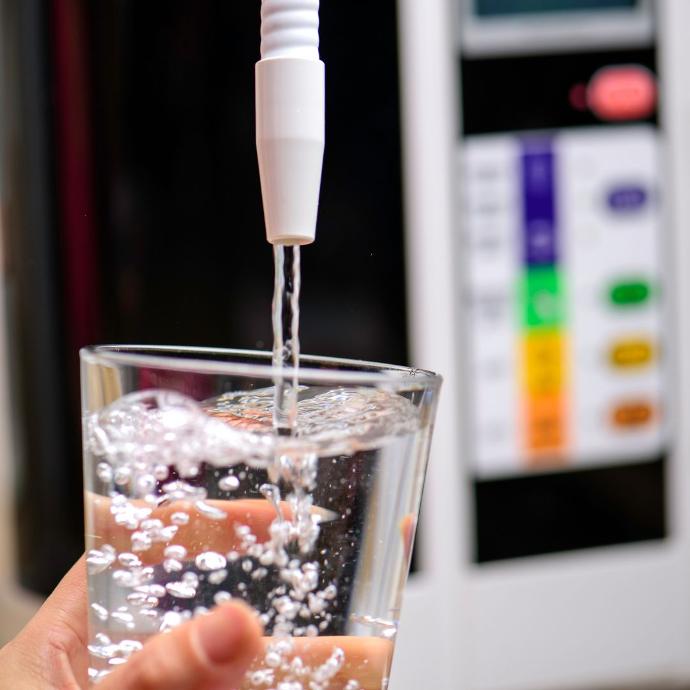
6. ALKALINE WATER
Alkaline water has a higher pH level than normal tap water and contains alkaline minerals and negative oxidation-reduction potential (ORP).
Pros
The truth that this sort of water features a higher pH level has led some people to believe that it may help neutralize the acid in the body, help slow the aging process, or even prevent cancer.
There’s very little scientific proof, however, of this being true.
Cons
It’s for the most part secure to drink alkaline water, but it may decrease stomach sharpness, in this manner bringing down its capacity to kill off harmful bacteria. In excess, it could also lead to metabolic alkalosis, which might produce indications like nausea and vomiting.
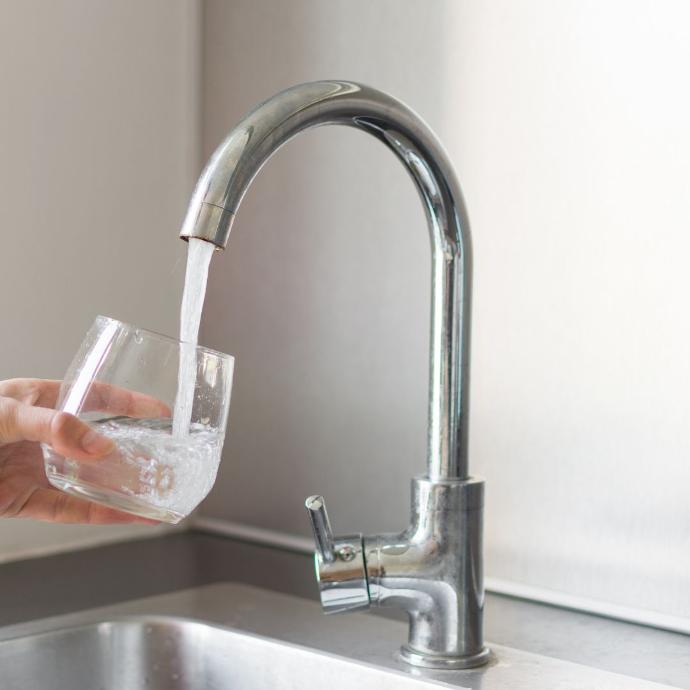
7. TAP WATER
A piped water supply, tap water is found everywhere from the water that flushes a public toilet to the water that comes out of your kitchen sink or cleans your glassware in your dishwasher.
Pros
In spite of the fact that numerous individuals turn their noses up at the thought of drinking tap water over taste or security concerns, the truth is that tap water is secure to drink over much of Ireland.
What’s more, tap water isn’t as it were great for you, it’s cheaper than buying different sorts of bottled water.
Cons
While there are industry regulations in place trusted Sources that are implied to keep lead and other hurtful substances from contaminating the water supply, some of the time this doesn’t work we experience boil water notice. A prime example of this can be the continuous water crisis in Ireland.
Public water supplies can also contain pesticide residue, aluminum, and other undesirable contaminants. If, however, you’re worried that the treatments performed on your water supply aren’t up to par, you can always purchase a home filtration system for further cleansing.
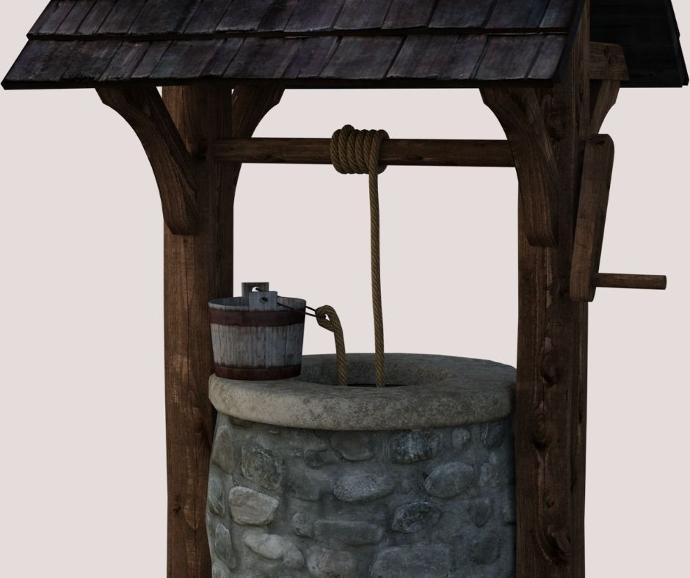
8. WELL WATER
Well water comes straight from the ground, in spite of the fact that it’s untreated and carries with it a number of risks.
Pros
If you happen to live in an area where wells are abundant, otherwise you even have one in your own backyard, the convenient get to what seems like new water may be attractive.
While there are numerous proponents of raw, untreated water, the benefits may not exceed the potential risks.
That said, there are steps you’ll take to guarantee your well water is suitable for drinking. For example, testing your well water yearly for bacteria, nitrates, and pH levels. It’s moreover conceivable to introduce a filtration system.
Cons
Since the water hasn’t been treated, there’s an enormous chance of contamination — especially from bacterial and parasitic diseases like giardia.

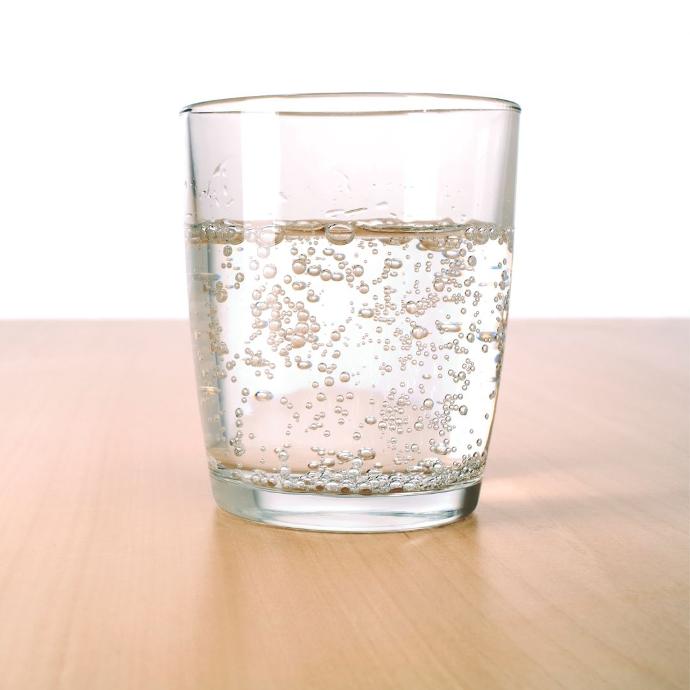
9. SPARKLING WATER
Sometimes referred to as carbonated water or pop water, shining water is imbued with carbon dioxide gas while beneath pressure.
Pros
Sparkling water offers a different mouth feel to flat water, which could be a welcome change if you want something fizzy without sugar or artificial sweeteners.
That said, there are flavored sparkling waters available that do contain one or both types of sweeteners. Plus, because sparkling water tends to be mineralized.
Cons
While there are some minerals present in sparkling water, there aren’t enough to be truly beneficial to your health in a meaningful way. In addition, it can be expensive compared to both tap and certain types of bottled water.

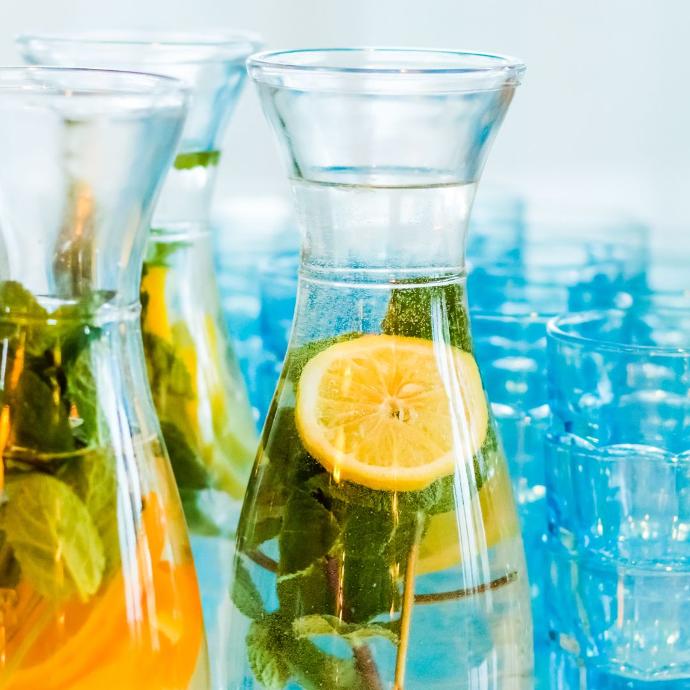
10. FLAVORED OR INFUSED WATER
Flavored water is water that’s sweetened with either sugar or fake sweeteners, and contains natural or artificial flavorings.
Pros
Flavored water, can offer a tasty alternative to plain water, which makes it easier to drink in larger amounts.
It can also add variation to your water intake since there are so many flavors available. Flavor can be added naturally by infusing fruit and vegetables into tap or bottled water, or you could purchase artificially flavored waters in most stores.
Cons
Frequently, flavored waters contain included sugar or artificial sweeteners. Varieties with sugar can lead to weight pick up and have a negative impact on those with diabetes. What’s more, a few individuals may respond adversely to artificial sweeteners.
What Is The Healthiest Water To Drink?